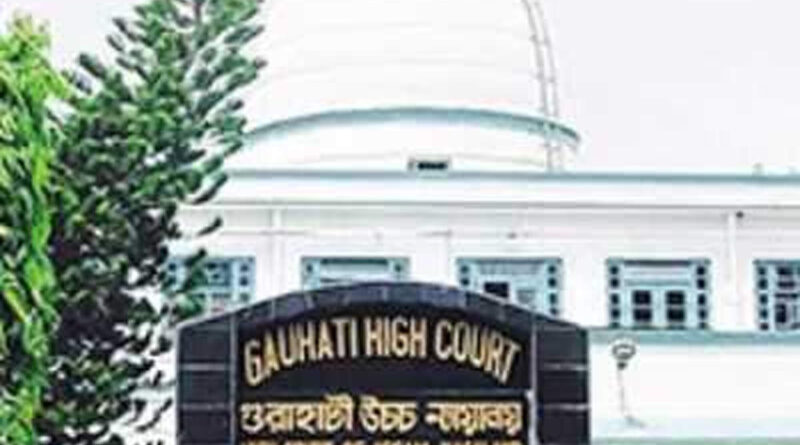Judicial Relief for CNN-News18’s Akansha Swarup as Gauhati HC Finds No Offence Under BNS
(By Syed Ali Taher Abedi)
Gauhati, 22, October,2025- In a significant ruling, the Gauhati High Court has quashed the First Information Report (FIR) filed against CNN-News18 anchor Akansha Swarup, who had faced legal action following a controversial statement made during a televised interview. The FIR, lodged by the Cyber Branch Police in Guwahati on June 12, accused Swarup of promoting enmity and hurting religious sentiments under various provisions of the Bharatiya Nyaya Sanhita (BNS).
Background of the Case
The controversy stemmed from an interview Swarup conducted with a relative of Indore-based businessman Raja Raghuvanshi, who was allegedly murdered by his wife and her paramour. During the interview, Swarup referenced claims that human sacrifice was still practiced at the revered Maa Kamakhya Temple in Assam. The statement sparked outrage and led to the registration of an FIR against her under the following BNS sections:
- Section 196(2): Promoting enmity between groups
- Section 299: Malicious acts intended to outrage religious feelings
- Section 302: Wounding religious feelings
Court Proceedings and Judgment
Swarup challenged the FIR by filing a petition before the Gauhati High Court. On October 15, Justice Shamima Jahan delivered the verdict, stating that there was no prima facie evidence to suggest that Swarup had made the statement with malicious intent or aimed to incite disharmony.
The court observed:
- The invocation of Section 196(2) was not substantiated, as there was no deliberate attempt to promote enmity.
- Section 299 did not apply, as the statement lacked the malicious intent required under the provision.
- Section 302 was also deemed inapplicable, with the court noting that the statement did not amount to wounding religious feelings in a legal sense.
Justice Jahan emphasized that journalistic inquiry, even when touching upon sensitive subjects, must be evaluated in context and not presumed to be inflammatory without clear evidence of intent.
Legal Representation
Akansha Swarup was represented by Senior Advocate K.N. Choudhury and S.P. Sharma, while Additional Public Prosecutor K.K. Das appeared on behalf of the State of Assam.
Implications
The judgment is being seen as a reaffirmation of journalistic freedom and the importance of intent in evaluating statements made in the course of reporting. It also underscores the judiciary’s role in protecting free speech while balancing it against concerns of public sentiment and religious sensitivity.



